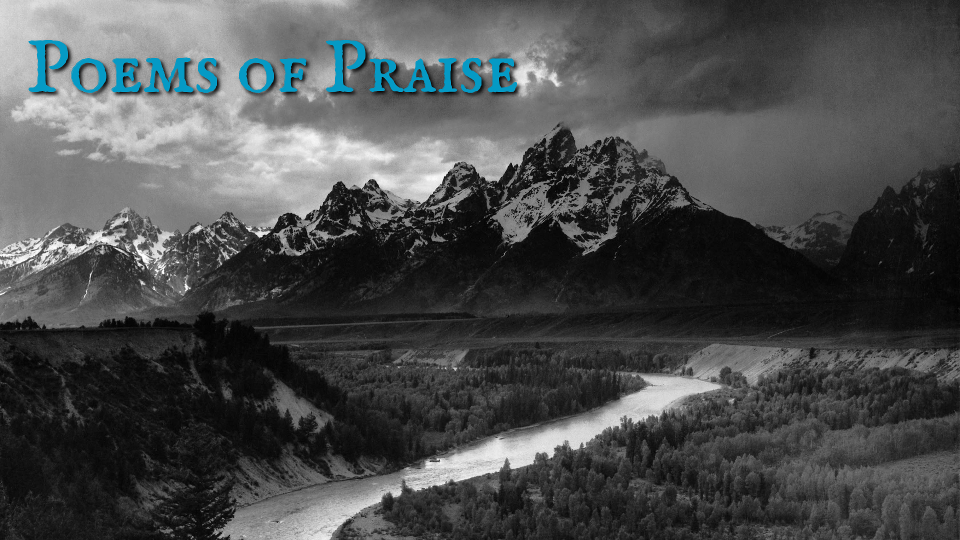What does the habit of prayer look like? How ought a Christian's prayer life be characterized? Part of the answer can be found by examining the pattern of the Apostle Paul.
A Beginner's Guide to Prayer (Matthew 6:9-13)
Many of us learned the "Lord's Prayer" as children. Jesus intended it (at least) as an example of how his followers should pray. But do we heed his teaching? Do we let this example guide our own prayer lives? If we do, perhaps our prayer lives would be revitalized.
Faith Amidst Tragedy (Genesis 35:16-21)
One of our members, Lou Bloss, takes a look at a sad episode in the life of Israel's patriarch, Jacob. From Jacob's tragedy, we learn that the journey is difficult, that fear is real, that despair is not an option, that we ought to do what needs to be done, that we ought to mark the significance, and that we ought to finish the journey.
The Doer of Great Deeds (Psalm 150)
The Book of Psalms concludes with a rousing call to worship that serves a bit as a primer for what faithful worship looks like as it explains the who, where, why, how, and what of true worship.
The Justice Bringer (Psalm 149)
Psalm 149, like the others in this short series, enjoin us to praise God. But the reasons for praise are striking: because God deeply loves his people and he will surely bring justice on those who are not his people.
The One for Whom Are All Things (Psalm 148)
Psalm 148 enjoins all of the universe to praise Yahweh. Why? Because he is the Creator, and all these things are ultimately for his glory. But his people have a unique reason to praise.
The Protector of the Weak (Psalm 147)
In a world that values the powerful, the competent, the rich, the popular, the strong, it is striking that God has a penchant for the weak. Psalm 147 shows us how God grabs, is gladdened by, and grows the weak.
The Trustworthy One (Psalm 146)
We started a new series on the "Hallelujah psalms," the last five poems of the book of Psalms, each of which begins with the exclamation halelu-yah. Psalm 146 teaches us we should praise God because he is absolutely trustworthy.
Jesus Came to Send (Jeremiah 1:1, 4-14)
Although Advent and the Christmas season are technically past, we continue to celebrate why Jesus came. Fitting for a new year, we recall that Jesus came to send.
Jesus Came to Rise (Luke 24:1-12)
We promise we're not mixing up Christmas and Easter! But the Jesus came to rise, which means the two holidays are inextricably linked. We close 2017 by exploring this important connection.











